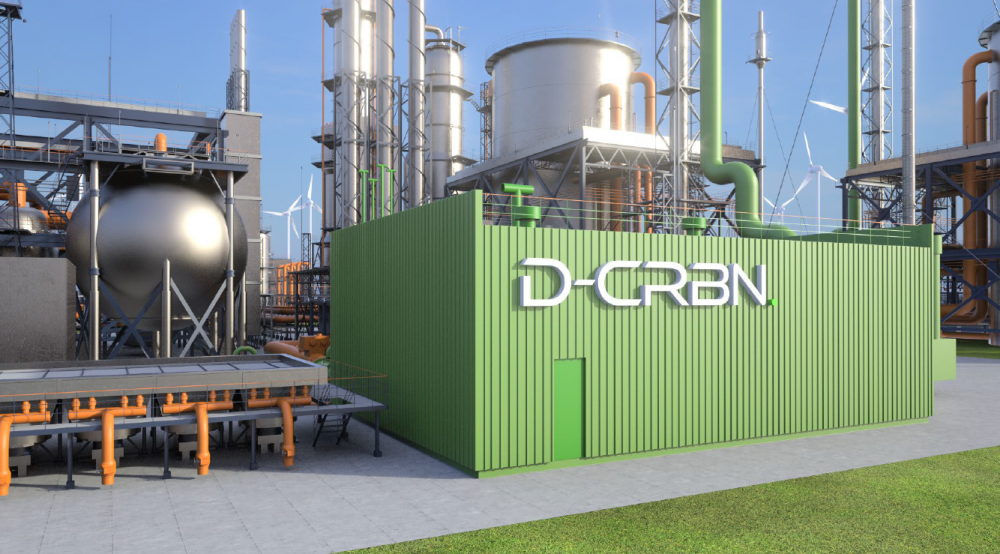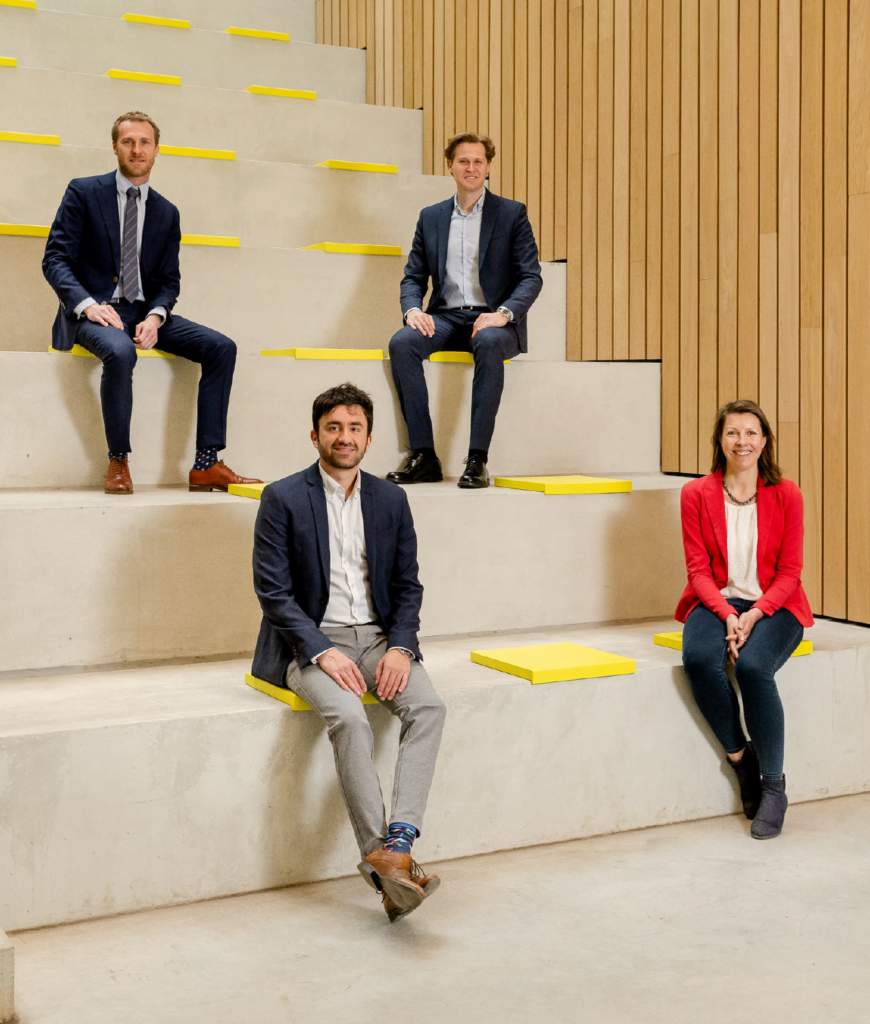A new start-up called D-CRBN is set to put scientific research conducted at UAntwerp into practice by splitting up harmful CO2 molecules to make useful products like biofuels and polymers. ‘We can help carbon-emitting industries to achieve the Green Deal.’

Greenhouse gases are still a major problem. If we want to stop global warming and other environmental issues, we have to drastically reduce emissions of gases like carbon dioxide, the main greenhouse gas. We have a long way to go, as the data shows: in May 2020, the concentration of carbon dioxide in the atmosphere was higher than ever before.
Europe has set the ambitious goal of achieving climate neutrality by 2050 and scientists worldwide are looking for solutions. In recent years, the PLASMANT research group in the University of Antwerp’s Department of Chemistry has amassed considerable experience of neutralising harmful substances such as carbon dioxide.
‘Chemistry is all about the building blocks of life’, explains Prof. Annemie Bogaerts.
‘We can convert those building blocks back into raw materials and useful compounds.’
‘We can convert those building blocks back into raw materials and useful compounds.’

The D-CRBN Team, with underneath at the right side Annemie Bogaerts and then clockwise Georgi Trencher, Gill Scheltjens and David Ziegler.
From the lab to real-world applications
The research group PLASMANT has developed an innovative new technology that allows for harmful CO2 molecules, once captured, to be broken down into their original building blocks. These can then be used as ‘ingredients’ for producing biofuels, chemicals and polymers. Plasma, the fourth state of aggregation that matter can exist in, plays a key role in this process.
Championed by Gill Scheltjens and Georgi Trenchev, this technology is now graduating from the lab and being put into practice by a new start-up, D-CRBN (pronounced ‘de-carbon’).
‘We can help companies make the transition to a circular and more sustainable economy’, explains co-founder & CCO David Ziegler. ‘We’re mainly focusing on companies based in the Port of Antwerp, especially in the chemical, petrochemical and steel industries. Talks are already underway with regard to several promising projects in the port.’
Innovation through cooperation
‘Innovation happens through cooperation across university boundaries, starting from excellent research and with the support of a valorisation manager and experts from industry as well as the university’, says Silvia Lenaerts, Vice-Rector for Valorisation and Development at UAntwerp. ‘The university has provided the excellent research, the pre-incubator BlueApp supports the transition to a company, and the incubator BlueChem provides a home for the newcomer. This whole process really showcases what we want to achieve.’













